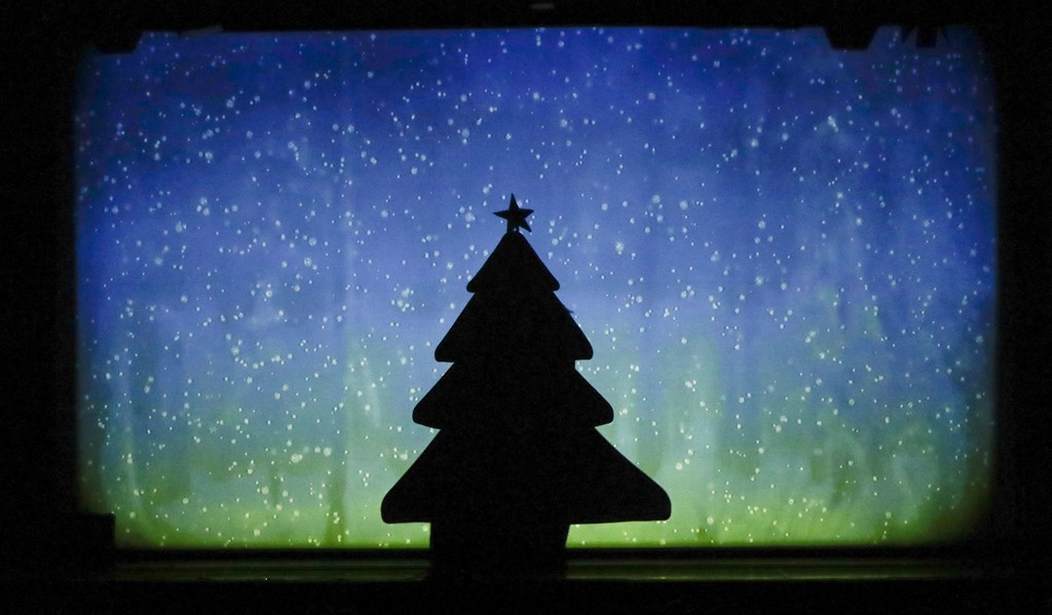People across the Southeast are still recovering from Hurricane Helene, which swept through Florida, Georgia, Tennessee, the Carolinas, and Virginia in late September this year and caused devastating damage. But some of the people who are struggling the most right now are farmers, and it could possibly have a negative impact on your holiday season.
Mike Yoder, the associate director of the College of Agriculture and Life Sciences at North Carolina State University, told the Carolina Public Press, "This is the worst agricultural year we have had in North Carolina history." The new organization also reports:
Farms tend to be located in the region’s fertile river bottoms, and when those rivers swelled and roared, they took crops, barns, bails of hay, miles of fencing, farm roads, cattle, farm equipment and acres of topsoil.
Higher-elevation farms dealt with landslides and high winds. Loss of refrigeration took out stores of meat and dairy products. Some farmers are dealing with the possibility that they might not be able to recover their farms at all.
Hurricane Helene wasn't the only major weather event that farmers in North Carolina dealt with this year. Droughts and Hurricane Debby also impacted the state's crops, including nursery plants, orchards, fresh vegetables, livestock, and Christmas trees. According to the North Carolina Christmas Tree Association, the state produces about 20% of the nation's Christmas trees, as well as trees that are shipped to the Caribbean, Japan, Canada, and Mexico. About 1,300 farmers produce the popular Fraser Fir Christmas trees on an estimated 40,000 acres. Most of those farms are in the far-west counties that were hit hardest by Helene.
While some news outlets have reported a potential Christmas tree shortage, the North Carolina State College of Natural Resources reports that "if someone wants to buy a real Christmas tree that was grown in North Carolina, they’ll be able to find one." However, you may have to pay a little bit more for it. The American Christmas Tree Association reports that prices are up 10% this year compared to 2023. They also suggest that trees are in high demand this year and because numbers may be limited, it's important to get out and shop early.
But Christmas trees shouldn't be your only concern this December. Pecans, which are an essential part of many Christmas dishes like pies, cakes, and cookies, could also be hard to find on your local grocery store shelves. Georgia is the nation's leading producer of the nuts, providing about a third of the supply for the country, and like North Carolina's Christmas tree farms, many pecan farmers were hit hard by the hurricane.
Andrew Sawyer, an Area Pecan Agent for the University of Georgia, told RFD-TV that the state's farmers lost over 400,000 trees to Helene, a loss that will cost the industry about $600 million. Many of the trees were around for decades and some were up to 100 years old, according to CNN, which means it will take years for farmers to recover. Depending on the variety, a newly planted pecan tree can take 5 to 10 years to begin producing nuts.
Greg Fonsah, a professor of economics at the University of Georgia, told CNN that there could be a pecan shortage due to the devastation. And while you may not see a significant price increase this year, the next few years' holiday season pecans may be more expensive as farmers begin rebuilding their orchards.










Join the conversation as a VIP Member